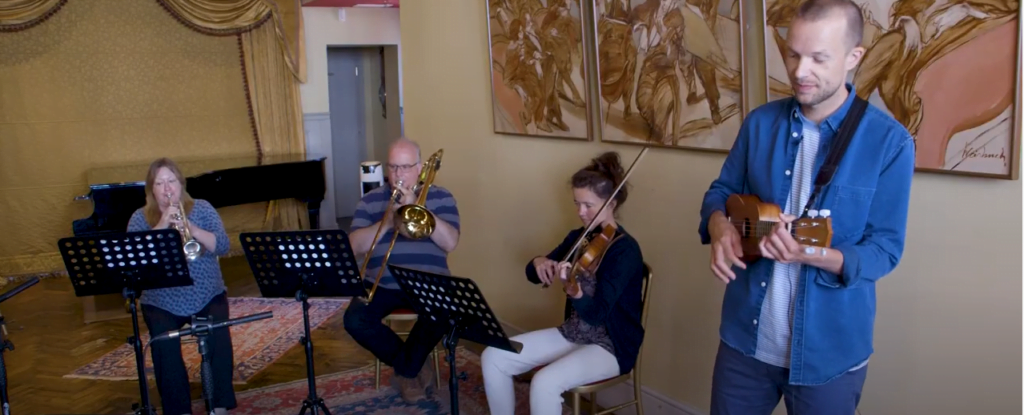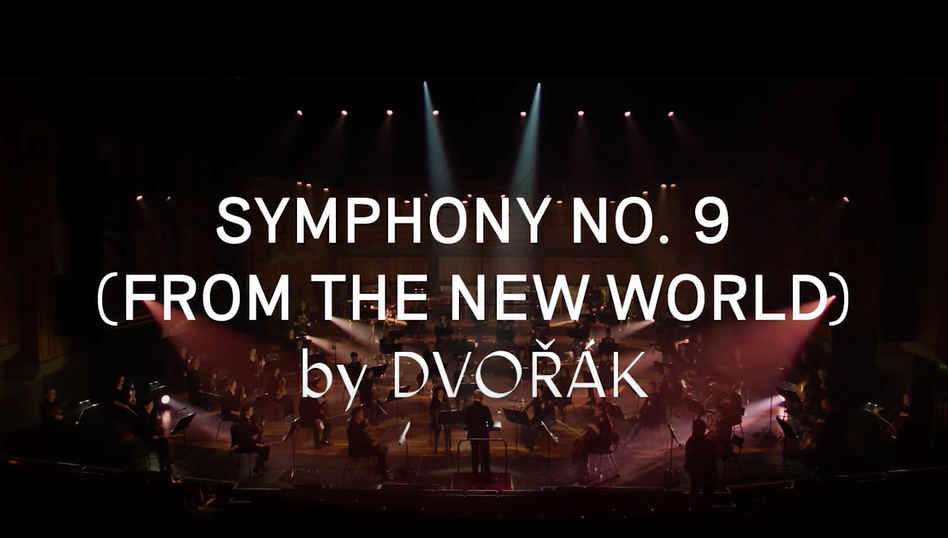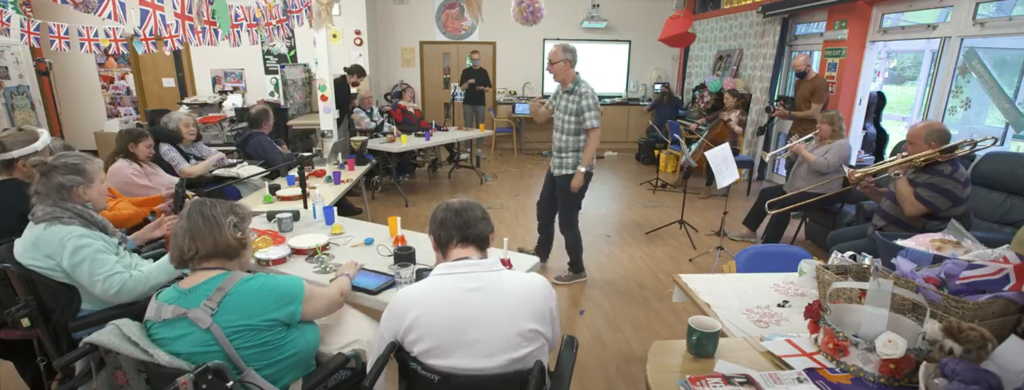Here is a mind map, created with OrchLab Community Partners Chipstead Lake Leonard Cheshire Centre and Flying Angel Look Ahead Centre, with all the reasons that we create music together. Do you have any more ideas to add? You can download a version to keep here:

‘Three Little Birds’ has become a firm favourite in our OrchLab sessions, so we’ve created a video version so you can sing, play or listen whenever you like! Watch the video titled ‘About this activity’ first. Then when you know how to join in, watch the video titled ‘Play along’. About this activity Play along

OrchLab Soundmakers include four online instruments – Circles, Squares, Percussion and Lines – which you can play with the bottom row of a computer keyboard or by using a touch screen device. Overview OrchLab Soundmakers work on both computers and devices with touch screen (e.g. tablet, mobile phone). You can use either touchscreen or a

We’ve hidden some of the instruments you might find in an orchestra in the wordsearch below. Can you find all 12 of them? If you want to learn more about some of the instruments we’ve featured, have a look at the OrchMap where you can find explanation videos from the musicians from the London Philharmonic
A bit like a family around the table, each section of the Orchestra (also known as a family) has its own place to sit! Can you find the Brass, Woodwind, Strings and Percussion families as well as the conductor who leads them all in the picture below? See if you can discover them all in

Antonín Dvořák (1841–1904) Antonín Dvořák came from a humble background, one in which he was never expected to become a musician, let alone one of the most famous composers of the 19th century whose music continues to be played by orchestras all over the world! He was born in a small village in Bohemia (which

In Autumn 2021, OrchLab worked with groups from Flying Angel (Look Ahead Care Support & Housing) and Chipstead Lake (Leonard Cheshire) on a project inspired by Swan Lake, a ballet by Pyotr Illyich Tchaikovsky. It was so brilliant to be back making music with these groups in person, as prior to this project we had

iPads make fantastic digital musical instruments, and we use them a lot in OrchLab sessions thanks to their adaptability and accessibility. Guided Access is really useful when using iPads as instruments as it stops the ‘home’ button from closing apps, prevents other apps from being opened, and can stop participants accidentally changing settings within the app
Test your memory by matching the musical sounds (make sure your sound is on!). Tap each card to flip it over, then try and remember where the matching sound is so you can match the pairs. The extracts you hear are from Czech composer Antonin Dvořák’s New World Symphony, performed by the LPO. You can